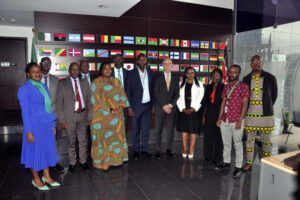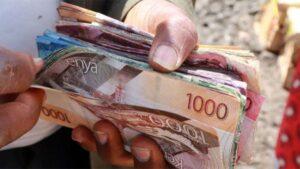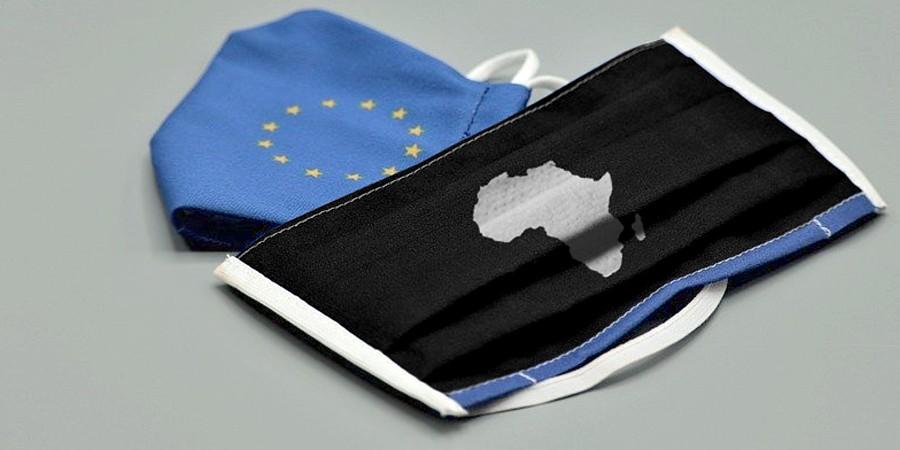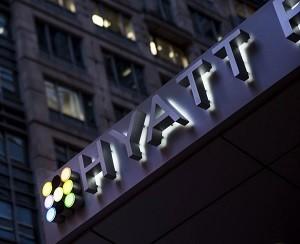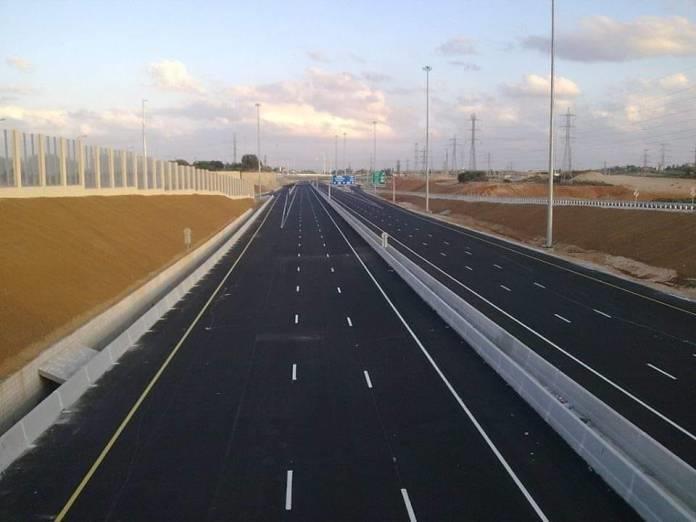- Kenyan Farmers Receive $2M Boost from Africa Fertiliser Financing Mechanism
- Brace for High Interest Rates for a Longer Period World Bank Warns Kenya
- Kenya-Ethiopia Trade Relations: Legislators Advocate for Policy Alignment to Boost Ties
- Visualising the state of debt in Africa 2024
- Abu Dhabi radiates optimism as over 300 startups join AIM Congress 2024
- TLcom Capital Raises $154 million in Funding to Boost Its African Growth
- Africa’s $824Bn debt, resource-backed opaque loans slowing growth — AfDB
- LB Investment brings $1.2 trillion portfolio display to AIM Congress spotlight
Browsing: Ethiopia
Mozambique, Angola, Namibia, Ethiopia, Zambia, Rwanda, Uganda, Egypt, Tunisia, Algeria and Morocco.
These are the African countries set to be allowed to enter the EU territory as the borders reopen in July, according to a draft list of the countries obtained and reported by euronews.
As the European Union gets ready to reopen its borders, officials in Brussels are debating behind closed doors, the draft of two lists; one with those countries that will be accepted, and one for those which will not, as the territory struggle to meet their previously announced July 1st goal.
The euronews sources also reported that officials “could not reach an agreement”, that talks would continue and that the deadline to open the borders may very well be extended beyond July 1st, suggesting agreements will not be forthcoming in time.
Also read: Air passengers travel confidence key to salvaging African airlines
Notably, Brazil, Qatar, …
Since Bloomberg Philanthropies launched its $40 million COVID-19 Global Response Initiative three months ago, 31 African countries have been able to expand their public health efforts to minimize the impact of the pandemic.
The Bloomberg Philanthropies initiative which is in partnership with Resolve to Save Lives is also supporting the 31 countries in building public health systems to help them better respond to epidemics that might occur in the future.
“While many of the countries that were hit earliest by COVID-19 have seen their cases peak, many countries in Africa are just beginning to see a rapid increase in infections. That’s why Bloomberg Philanthropies is supporting efforts to strengthen the response across the continent, including training health care workers, expanding lab capacity, and bolstering public health systems. This urgently important work will reduce the burden on already overwhelmed health systems and save lives, especially in the most vulnerable communities,” said …
As hotels in East Africa are closing their doors as the effects of the global pandemic continue to bite, Tanzania is making moves to ward off the negative effects of Covid-19 by resuming business as usual, including in its tourism and hospitality sector.
In fact only this past week, Tanzania has announced that it will host its first Mafia Island Tourism Exhibition Week. The ambitious and bold move is in line with other measures that the country is taking to revive its tourism sector.
The country has already set aside millions of dollars to improve tourists experience at one of its major attractions, Mt Kilimanjaro. Tanzania has set aside money to cut out a new route to climb the mountain. This new route is exclusive for VIP tourists and other VIP personnel and is expect to boost tourism in the region.
Also Read: Tanzania’s Tourism Board unveils luxury route to
…The construction of the $400 million Berbera corridor is set to boost trade links between Somaliland and Ethiopia.
The project once complete will link Ethiopia’s border town of Togochale to Berbera Port in Somaliland. The Abu Dhabi Fund for Development is funding the roads projects.
Muse Bihi Somaliland president opened the first completed 12-kilometre phase of the project which is the second major infrastructural project Somaliland is building after the expansion of the Port of Berbera by the Dubai Ports World (DP World).
Somaliland imports to Ethiopia is estimated to be worth over $800 million annually and the Berbera-Togochale corridor will be instrumental in facilitating import-export trade for Ethiopia’s economy.
“We are here to open part of the Berbera Corridor, which is a 12 KM stretch that has been completed. I would like to point out that this road is different from the earlier road which was built to handle …
Ethiopia said that it would start filling the GERD which is a mega-dam expected to contribute to the country’s energy production mix.…
For the year 2020, Ethiopia is gearing up to open its first Stock Exchange market in over 45 years. With it, Africa will add one more stock exchange floor under its belt bringing the total number of working bourse on the continent to 30.
Almost half a century ago, back in the 70s, there was vibrant share trading at the National Bank of Ethiopia. That was in fact, one of the first, if not the very first, trading floor on the continent. Well, at least one that was not under colonial rule that is.
Now, some 45 years later after the Derg took down what would have inevitably been Africa’s main stock trading floor, Ethiopia is well on its way to re-establishing the trading floor.
Ethiopia becomes the 30th of Africa’s 51 countries to establish a stock trading institute under the auspices of the government. For one of the …
After three decades of austerity measures on Somalia, the otherwise economically embattled East African nation is now, 30 years later, in good standing with the World Bank.
Well, before we start tipping our hats, let’s put ‘good standing’ in perspective, Somalia is now in good enough standing to receive grants but it is yet to get to economic stability that would warrant it WB loans.
To put it in the words of the World Bank, the international lender is now ready to ‘normalize relations’ with Somalia. The bank credited turning the new leaf with Somalia on its reasonably strong record of fiscal and political reforms over the last few years.
As World Bank’s Country Manager for Somalia, Mr. Hugh Riddell was quoted mid this month, good relations means that “…going forward, Somalia will be able to access grants to finance poverty reduction.”
In his media brief, the WB country executive …
The deadly coronavirus has brought the World to a standstill, spread through touch, African financial institutions are now going cashless to beat the virus.
The exchange of money, in cash, risky further spread of the virus, an obvious solution is to go cashless, use digital payments only. However is Africa ready?
In the face of this global tragedy, Africa’s fast digital penetration seems to have come in the nick of time. Led by the telecom companies, Africa leads the globe in use of mobile transactions.
Even in the most remotest corners of the continent, peasant farmers, pastoralists herding cows, all can be found with a mobile phone registered for mobile money transactions. Even the smallest shops accept mobile money payment for even the smallest purchases. The only limitation has always been the expensive cost of the service, however that cost is irrelevant if the money is not withdrawn to cash.…
Based in Ethiopia’s capital of Addis Ababa, Coop Bank is growing by leaps and bounds, with profits up 29 percent in the 2018/19 financial year closing the year with USD 20.4 million under lock and key.
More than profit, the Bank also enjoyed huge growth if it’s total assets which shot up by 40 percent, a sector high for Ethiopia’s banking industry. Likewise, its loans and advances also went up an impressive 56 percent representing more than double its performance in the previous year.
The bank has credited the asset growth to deposit mobilisation which pushed up loans and advances. The bank had yet an impressive growth this time in deposits which increased 40 percent.
Coop Bank mustered its investment in NBE bonds which it increased to more than double (53%) of what it had in the previous financial year. Further still, this immense investment represents 20 percent of its …
The East African region has a combined GDP of US$ 880 billion and a population of 437 million.
Despite this attractive combination, the economies of East Africa are still highly fragmented with low intra-regional trade and investment levels. To make matters worse, the trade and investment have been declining.
The region’s biggest economies of Kenya and Ethiopia have an annual bilateral trade worth less than US$ 100 million since they barely trade with each other.
While these two economise paint a rough picture of the trade imbalances in the region, trading within the East African Community (EAC) is higher with exports peaking in 2013 at US$ 3.5 billion. Again, unfortunately, by 2017 the exports volumes had declined with earnings reducing by 31 per cent to just US$ 2.4 billion.
The lack of trade integration poses a serious impediment to the future development of the region despite the fact that the …
